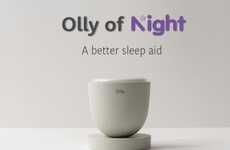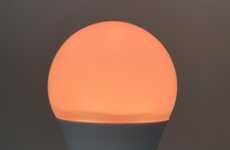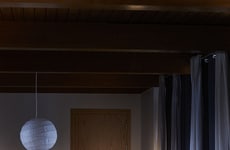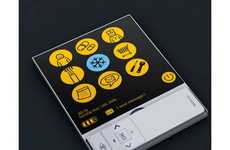
Daylight Savings Affects Heart Attack Risks
Tinkalicious — November 2, 2008 — Science
References: encarta.msn & today.msnbc.msn
Tonight, in most of North America, everyone will get the benefit of an extra hour, whether you spend it sleeping or not is up to you. You may really want to spend it sleeping though, as a 20 year Swedish study discovered that the extra hour gained (if spent sleeping) actually reduces the probability of a Monday Morning heart attack by 5 percent.
Incidentally, the reverse is true in Spring, when the we “spring forward”, the incidence of heart attacks increases by 5 percent.
Most of Europe turned their clocks back last weekend, and 1.5 billion people worldwide use some form of daylight saving. It is fitting that Daylight savings time itself, though generally accredited to Ben Franklin, was actually the (unpopular) idea of Brit, William Willett.
Though the idea of saving daylight is believed to save energy, apparently this is not really the case, and over the years some states and countries have both adopted and dropped the idea without any dramatic savings in energy.
No matter, enjoy that extra hour, however you choose to use it.
Incidentally, the reverse is true in Spring, when the we “spring forward”, the incidence of heart attacks increases by 5 percent.
Most of Europe turned their clocks back last weekend, and 1.5 billion people worldwide use some form of daylight saving. It is fitting that Daylight savings time itself, though generally accredited to Ben Franklin, was actually the (unpopular) idea of Brit, William Willett.
Though the idea of saving daylight is believed to save energy, apparently this is not really the case, and over the years some states and countries have both adopted and dropped the idea without any dramatic savings in energy.
No matter, enjoy that extra hour, however you choose to use it.
Trend Themes
1. Daylight Savings Impact on Health - Opportunity for wellness-related industries to market products and services during seasonal time changes.
2. Chronobiology Research - Opportunity for medical research and technology development in understanding how circadian rhythms impact human health.
3. Energy Consumption Optimization - Opportunity for energy-focused industries to innovate and optimize energy usage during seasonal time changes.
Industry Implications
1. Wellness - Opportunity for wellness-related industries to market products and services during seasonal time changes.
2. Medical Research and Technology - Opportunity for medical research and technology development in understanding how circadian rhythms impact human health.
3. Energy - Opportunity for energy-focused industries to innovate and optimize energy usage during seasonal time changes.
0.6
Score
Popularity
Activity
Freshness























